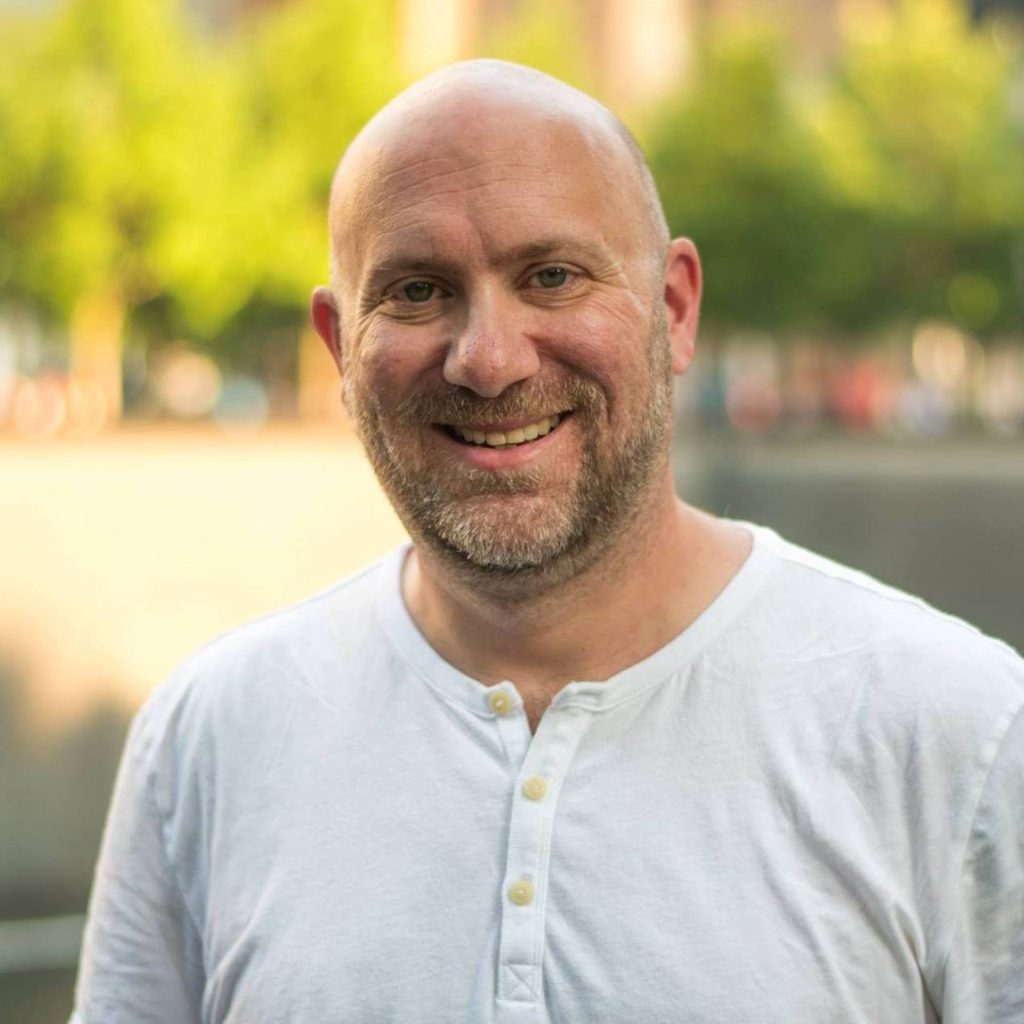
We enter into a marriage or relationship expecting it will work out and that we’ll spend the rest of our lives with that person. But relationships are journeys that are seldom linear. They ebb and flow, with peaks and valleys to navigate and shared joys and rocky patches to experience together.
Yet, when a couple considers going to counseling, a narrative emerges that therapy will lead to relationship uncertainty, judgment from others, and ultimately, failure. It’s within this narrative that myths take root, obscuringthe reality of what couples counseling truly represents.
In my work as a couples counselor, I’ve identified three myths that can cloud a couple’s decision to begin therapy.
Seeking counseling is a proactive step toward strengthening a relationship. It’s a courageous act that represents your commitment to your relationship and provides you with tools for better understanding and communication. Think of it as tending to a garden so it flourishes and becomes more resilient. In fact, the success rate of couples counseling is around 70% (Lebow et al., 2012).
I’ve seen many couples come through my practice who feel counseling is their last resort. They’ve been stuck on a confusing roundabout unable to take an exit. They’ve adopted patterns that are comfortable yet destructive to their relationship. But an outside perspective from a counselor can help couples break these negative patterns — paving the way for better communication, a renewed appreciation of each other, and validation that the other person is heard.
The misconception that counseling invites judgment from others stops many couples from seeking the help they need. Breaking free from this myth allows individuals and couples to prioritize their well-being and growth, unburdened by the fear of external judgment. In truth, more often than not, friends and family are supportive and understanding when a couple decides to start therapy. What’s more, once others notice the positive transformations that can result from counseling, they respond with empathy and encouragement. Truth be told, about 49% of couples have attended Couples Counseling at some point in their relationship (The State of Marriage Counseling, 2017).
In my counseling practice, a couple arrived at their first session hesitant and guarded. They were worried that seeking therapy would be viewed as a sign of weakness by their close-knit community. Despite these reservations, the couple decided to work through their challenges. Over time, they not only felt more connected as a couple but also experienced a shift in their perception of how their family and friends viewed counseling. The couple even shared their experiences with therapy with their loved ones.
The idea that couples therapy worsens issues and even uncovers additional ones is far from the truth. Rather than unearthing problems haphazardly, counseling provides a safe space for open communication and strategic problem-solving. A skilled navigator steers a couple through their challenges — ensuring that the journey is purposeful and that they emerge stronger, armed with the tools needed to face their issues head-on (Stanley et al., 2006).
Working with couples, I often see issues come up that were never fully resolved. I look at this as not closing the loop on an issue. Couples will get 90% of the way there and then just let it go. But that remaining 10% is where resentment builds. This often leads to a slow buildup over the course of several weeks or months and then an explosive fight will happen. I’ve found that it’s crucial for couples to heal old wounds before moving forward so those issues don’t continue to damage their relationship.
When a couple considers therapy they often encounter harmful myths surrounding failure and judgment. But, as a couples counselor, I’ve witnessed the transformative reality: Breaking free from these myths allows couples to prioritize their well-being and navigate the complex journey of love with newfound strength and connection.


Kevin O'Connor, MS, LPC-IT, MFT-IT is a dedicated mental health counselor and founder of mentallyfitmen.com. With a Master's degree in Counselor Education, he specializes in men's mental health, working with individuals aged 10 and up, couples, and diverse populations. Through his blog, he challenges the stigma surrounding men's mental health. Kevin strives to empower clients, promote self-discovery, and develop practical strategies for personal growth.